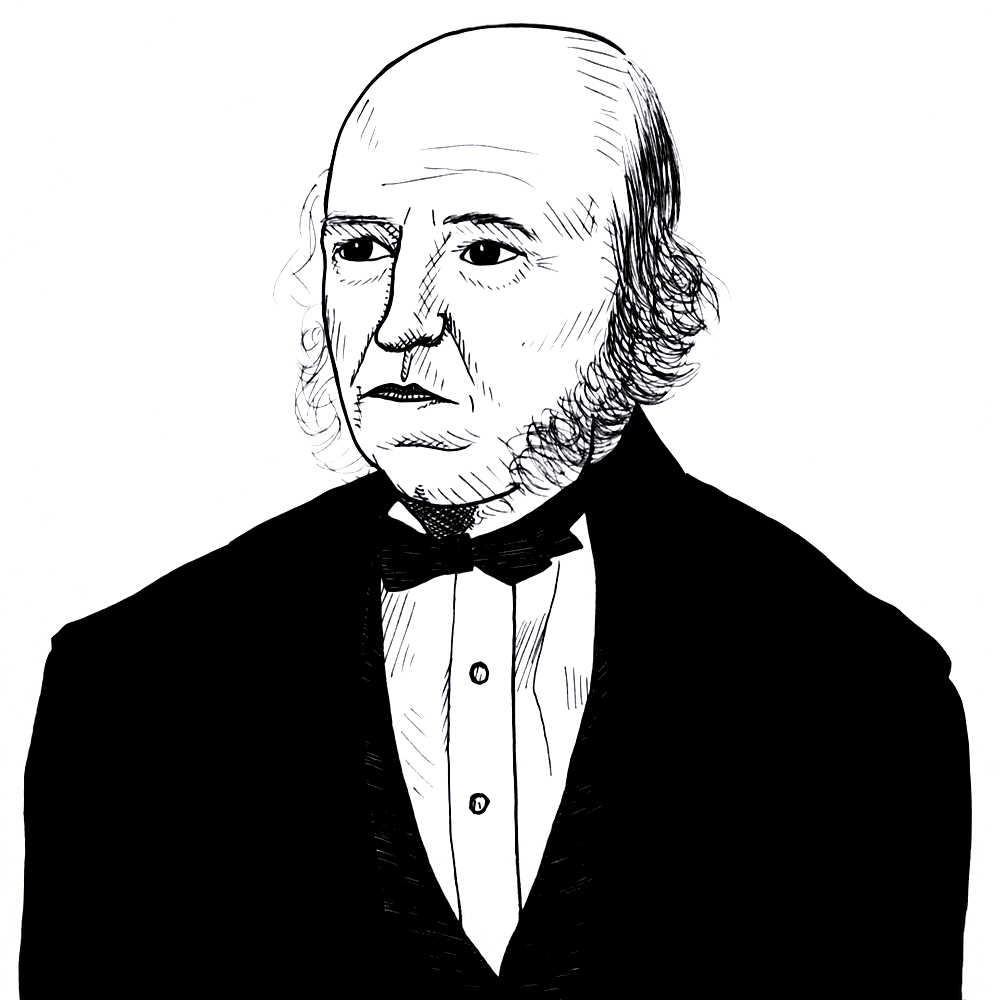
Herbert Spencer concludes from his principle of equal freedom that individuals have the Right to Ignore the State (1851)
Found in: Social Statics (1851)
Spencer concludes from his law of equal freedom that a person can decide to assume a condition of “voluntary outlawry” and chose to “ignore the sate” entirely without infringing on anybody else’s rights.
Natural Rights
As a corollary to the proposition that all institutions must be subordinated to the law of equal freedom, we cannot choose but admit the right of the citizen to adopt a condition of voluntary outlawry. If every man has freedom to do all that he wills, provided he infringes not the equal freedom of any other man, then he is free to drop connection with the state—to relinquish its protection, and to refuse paying towards its support. It is self-evident that in so behaving he in no way trenches upon the liberty of others; for his position is a passive one; and whilst passive he cannot become an aggressor. It is equally selfevident that he cannot be compelled to continue one of a political corporation, without a breach of the moral law, seeing that citizenship involves payment of taxes; and the taking away of a man’s property against his will, is an infringement of his rights.